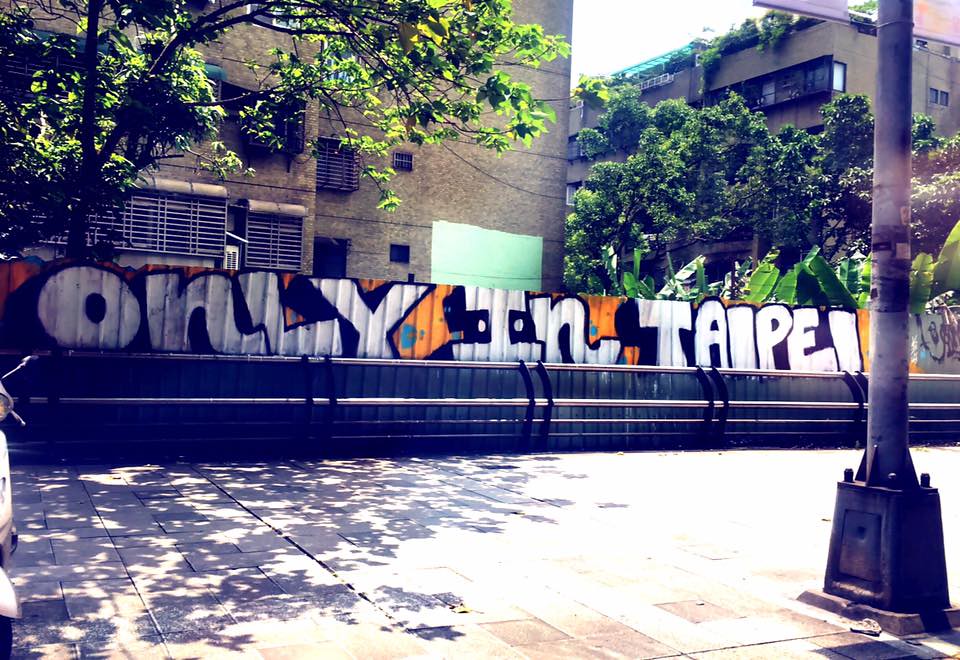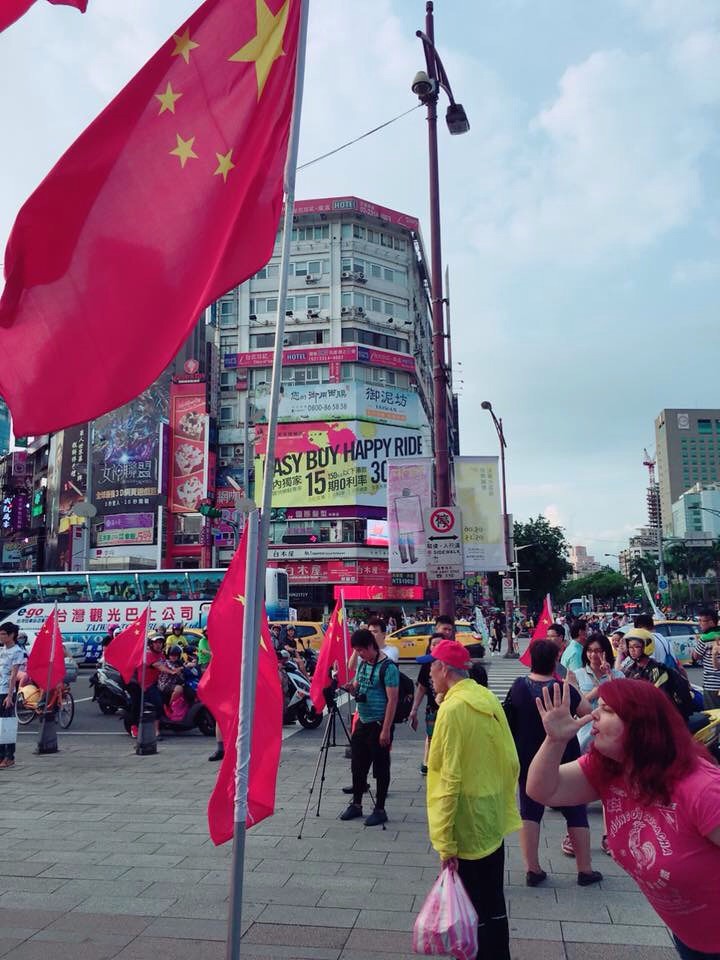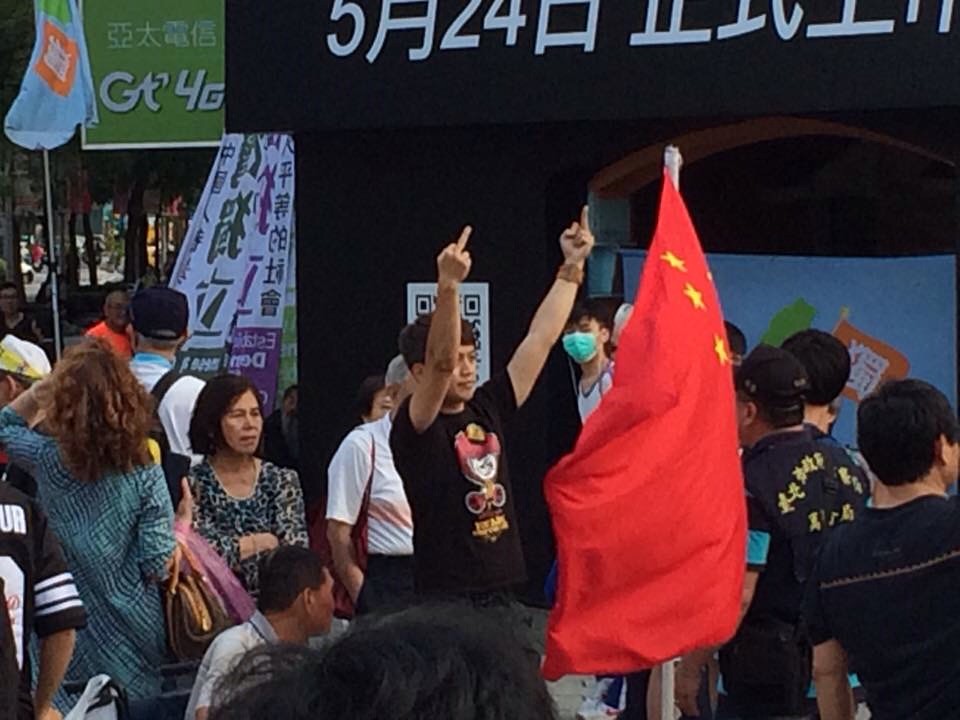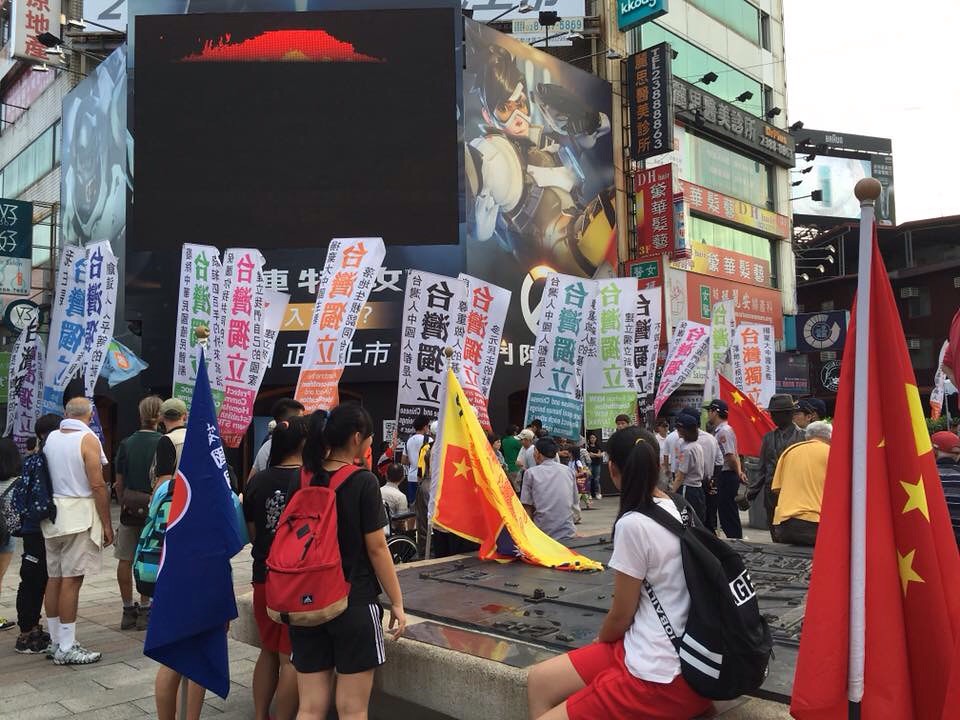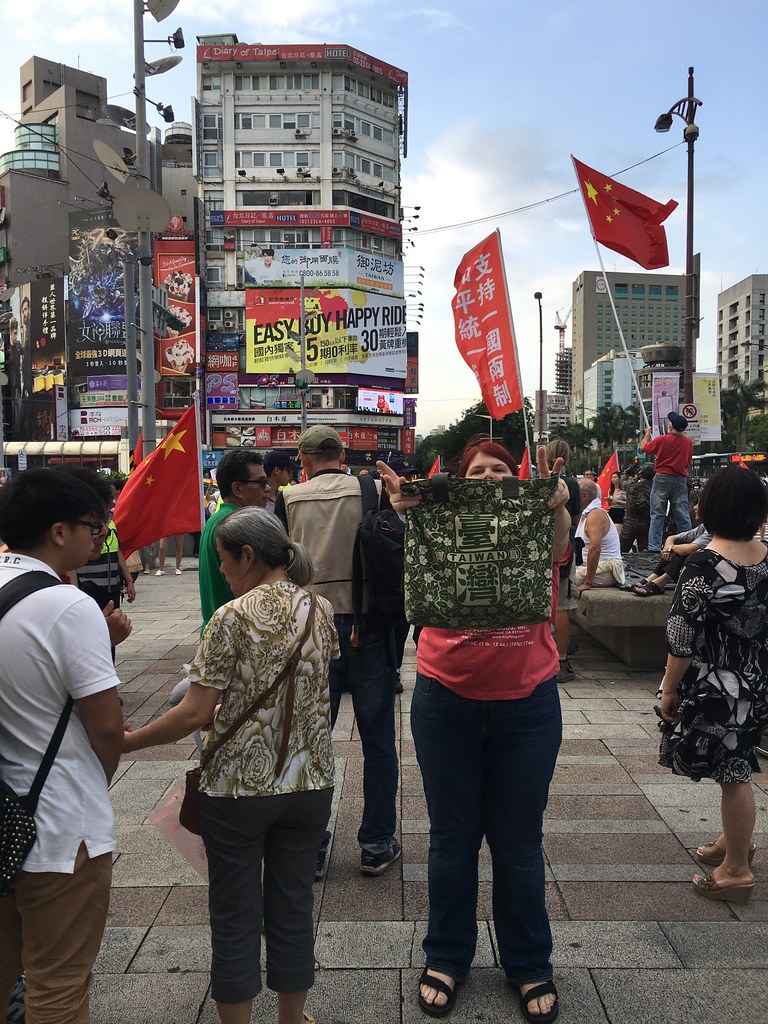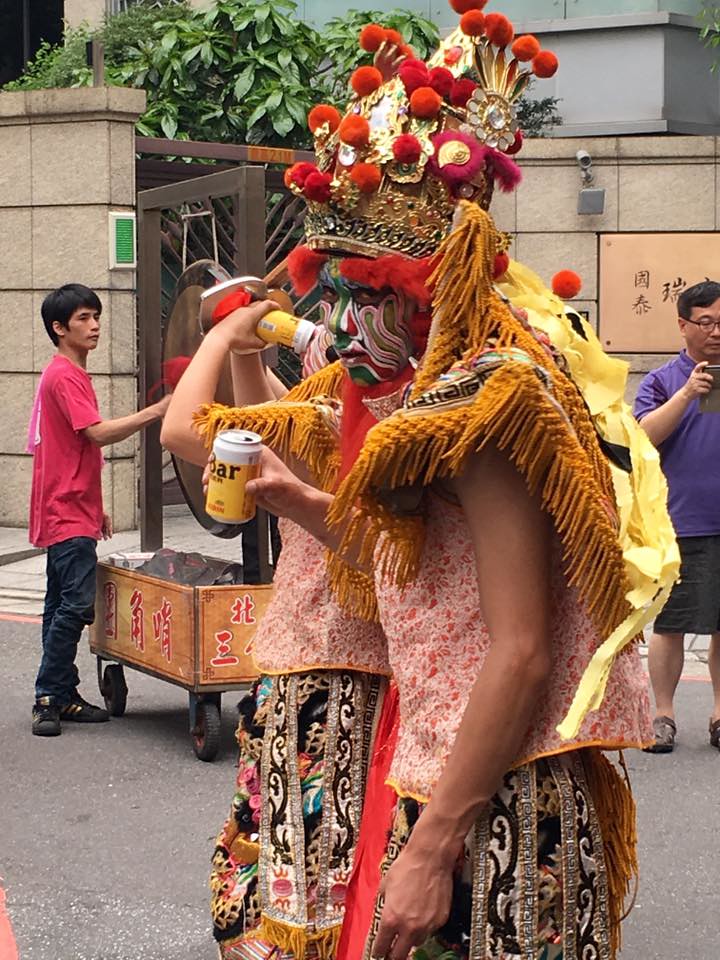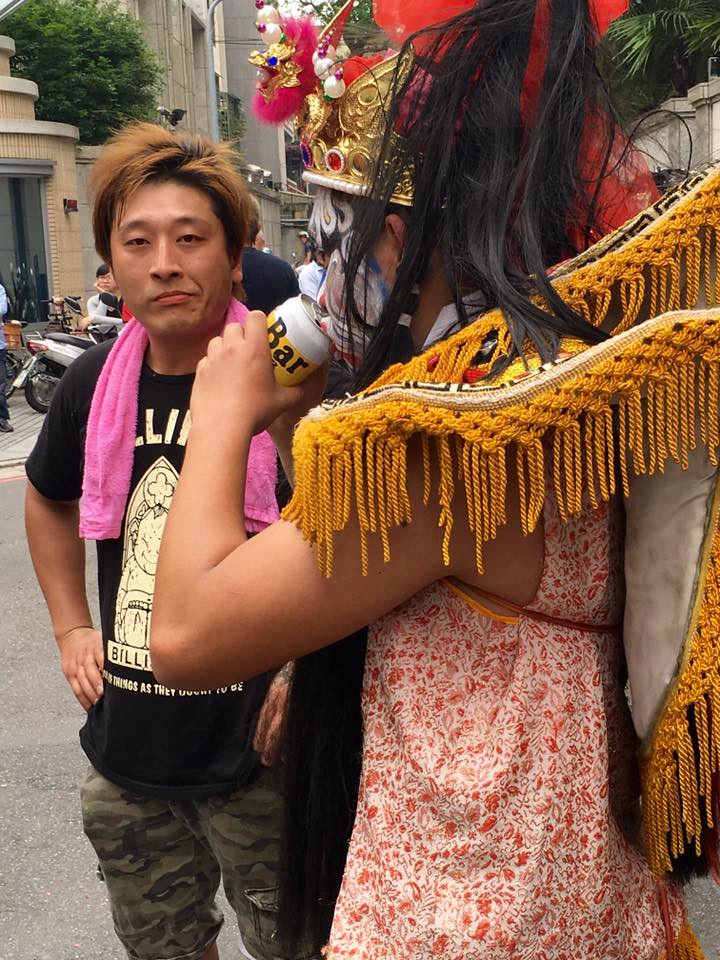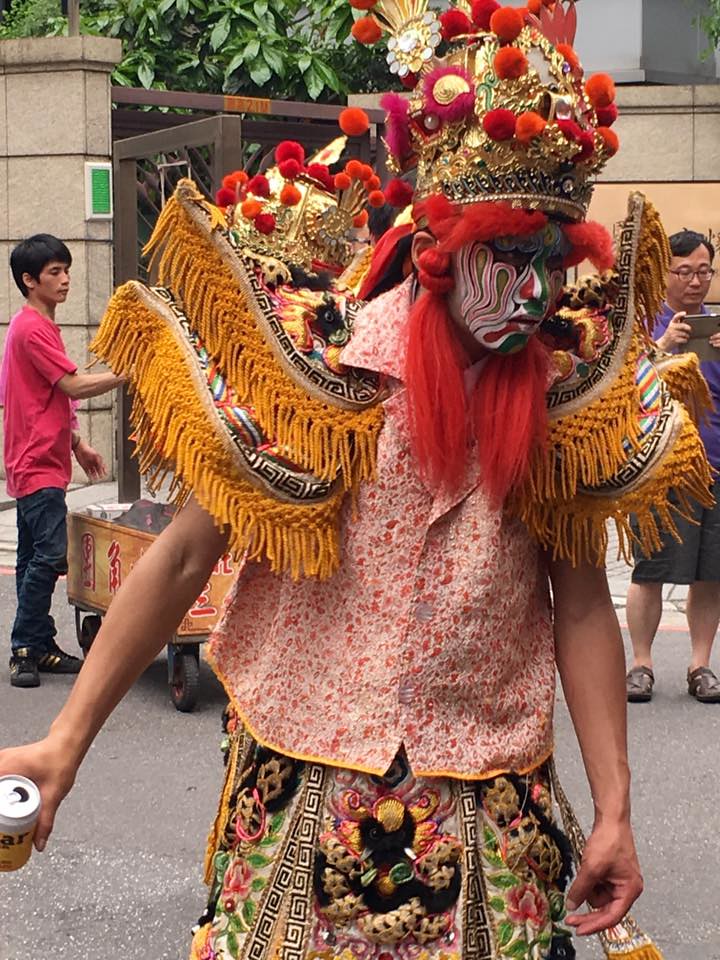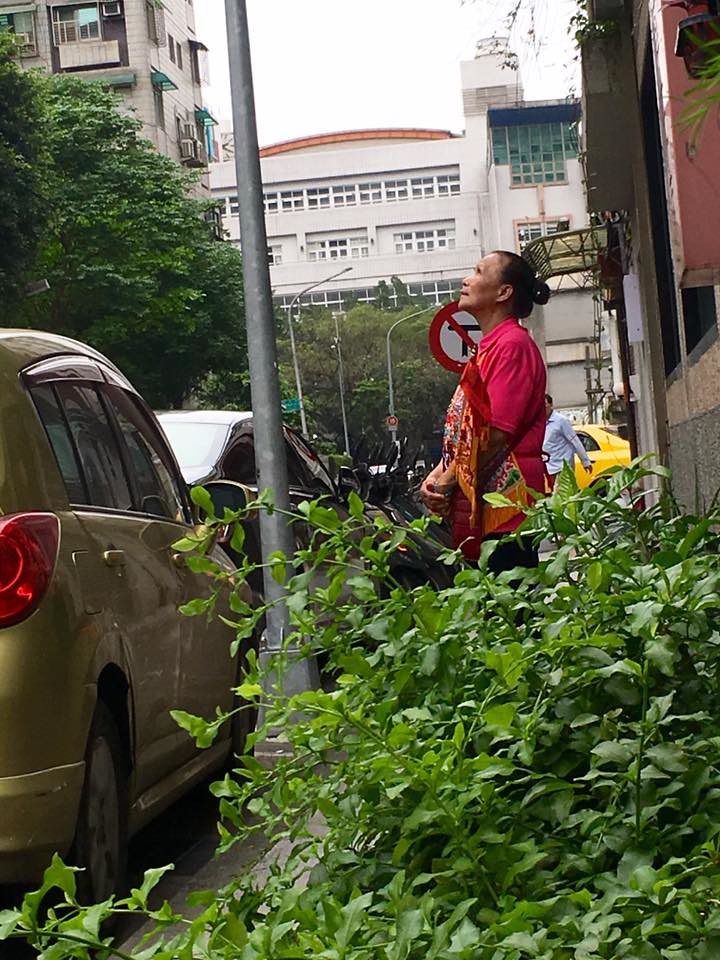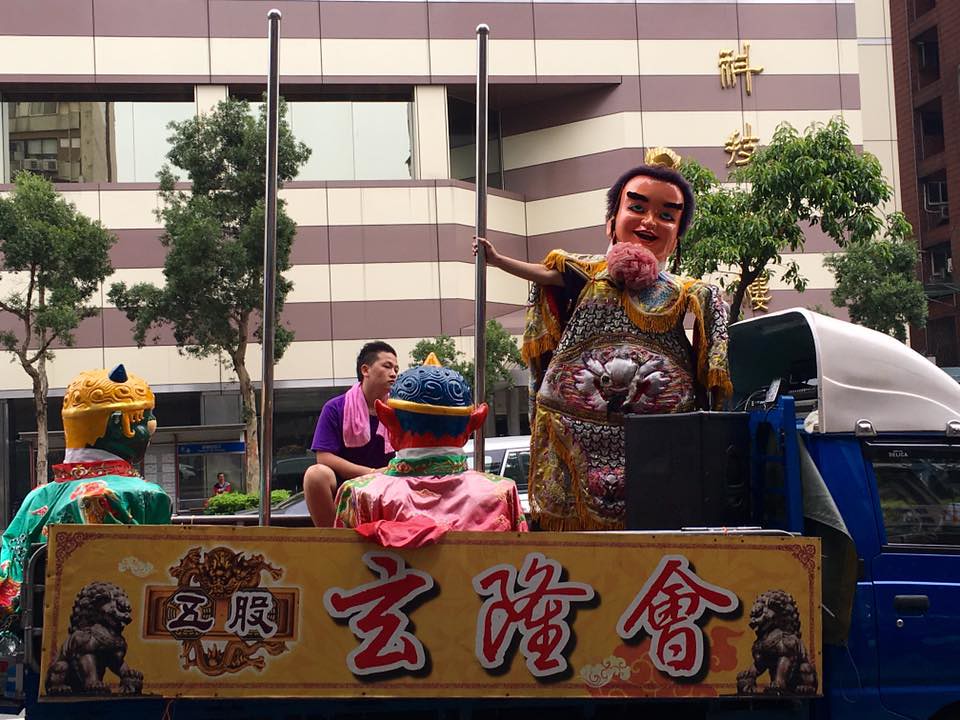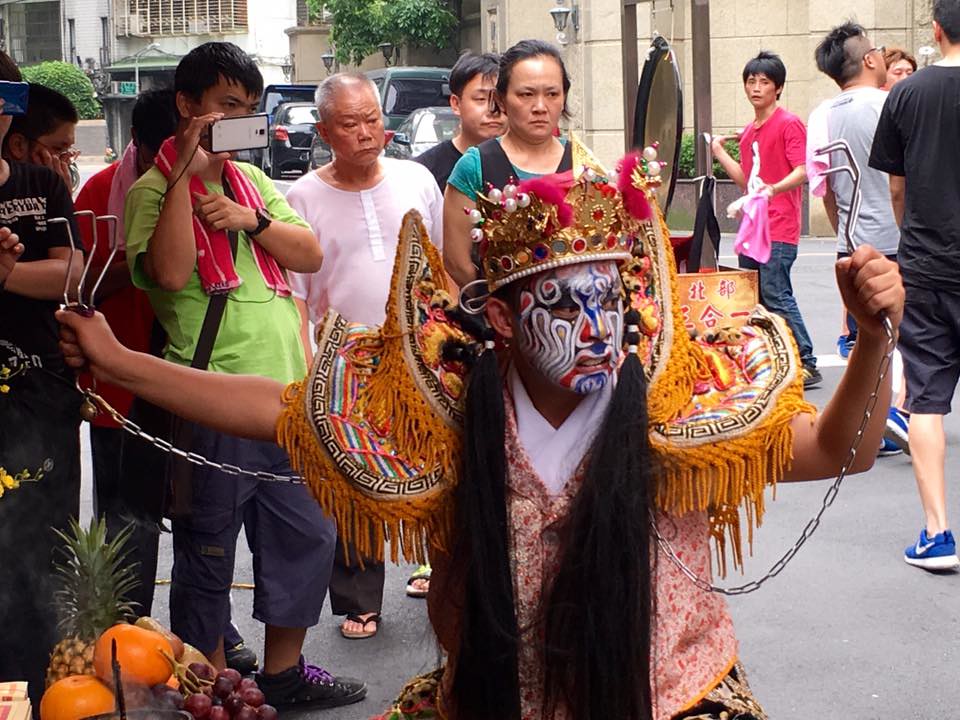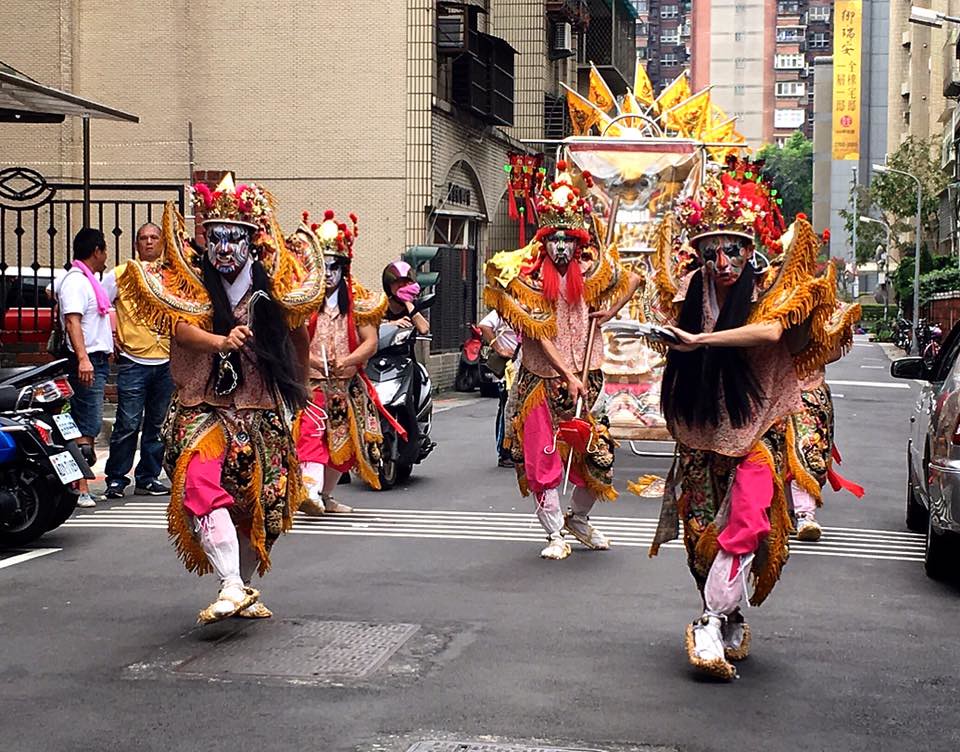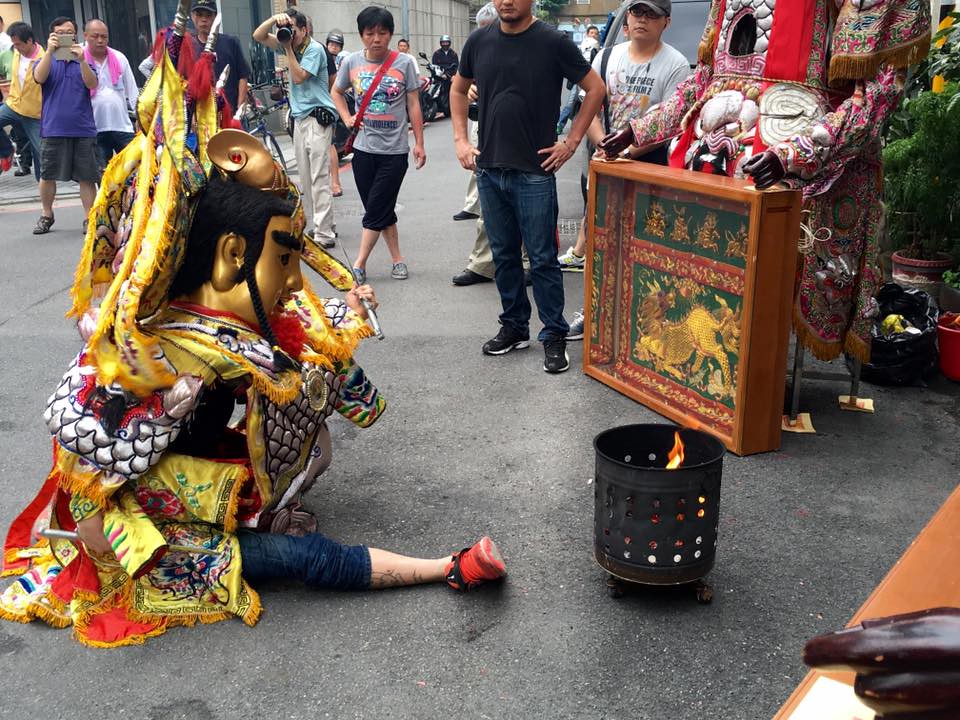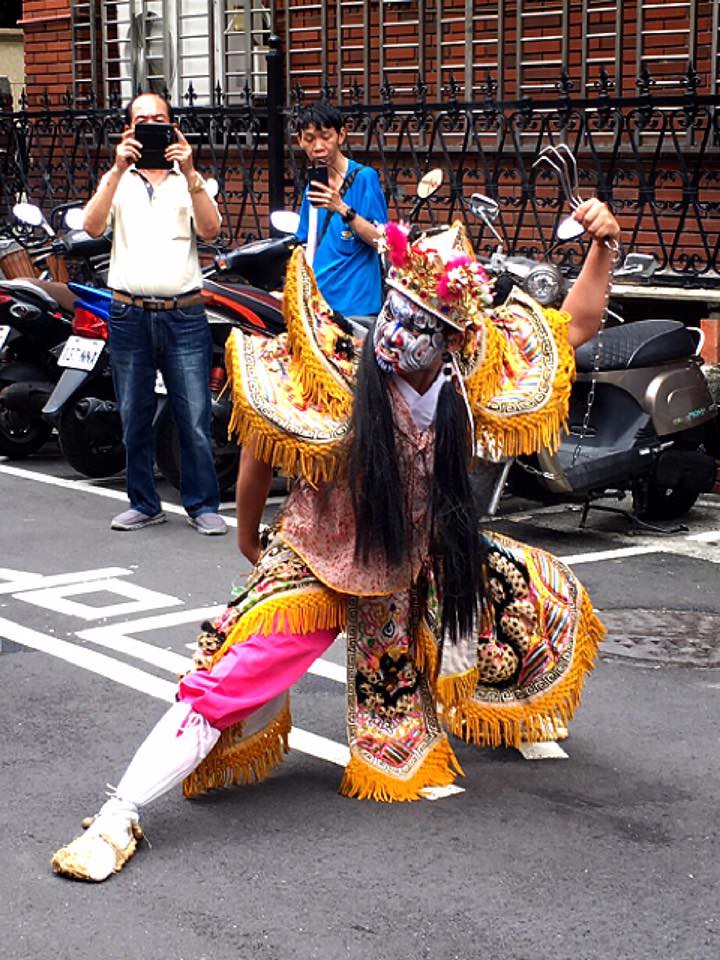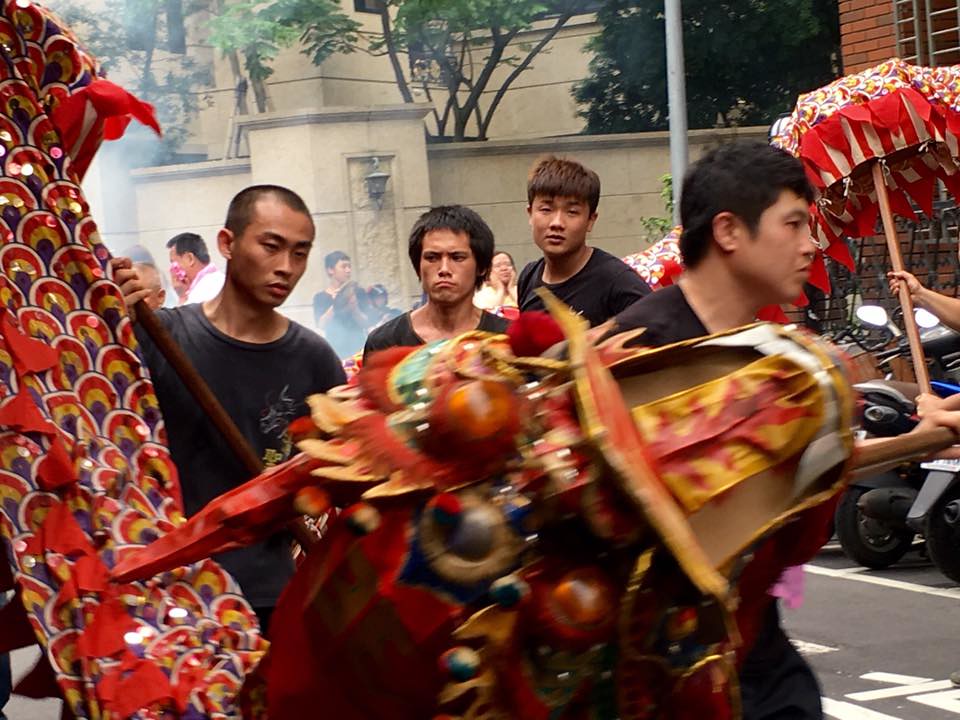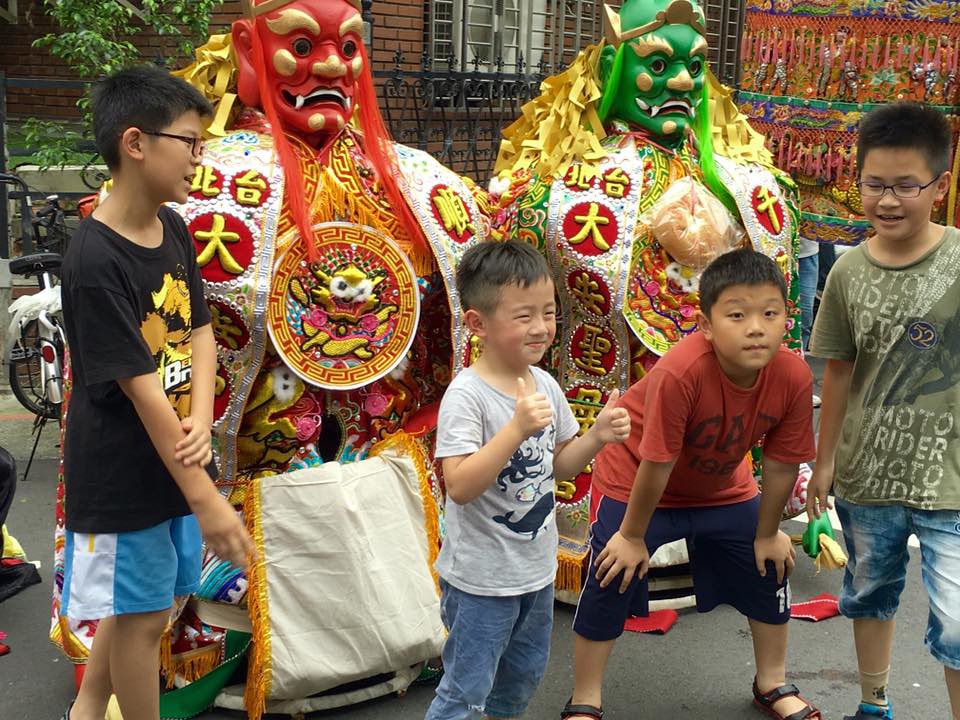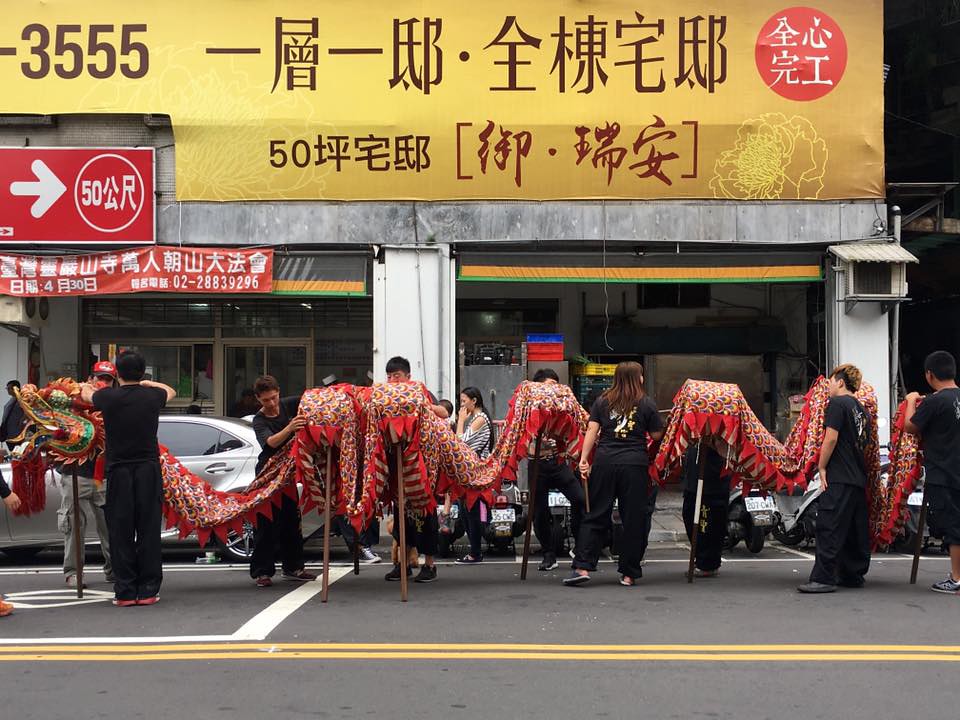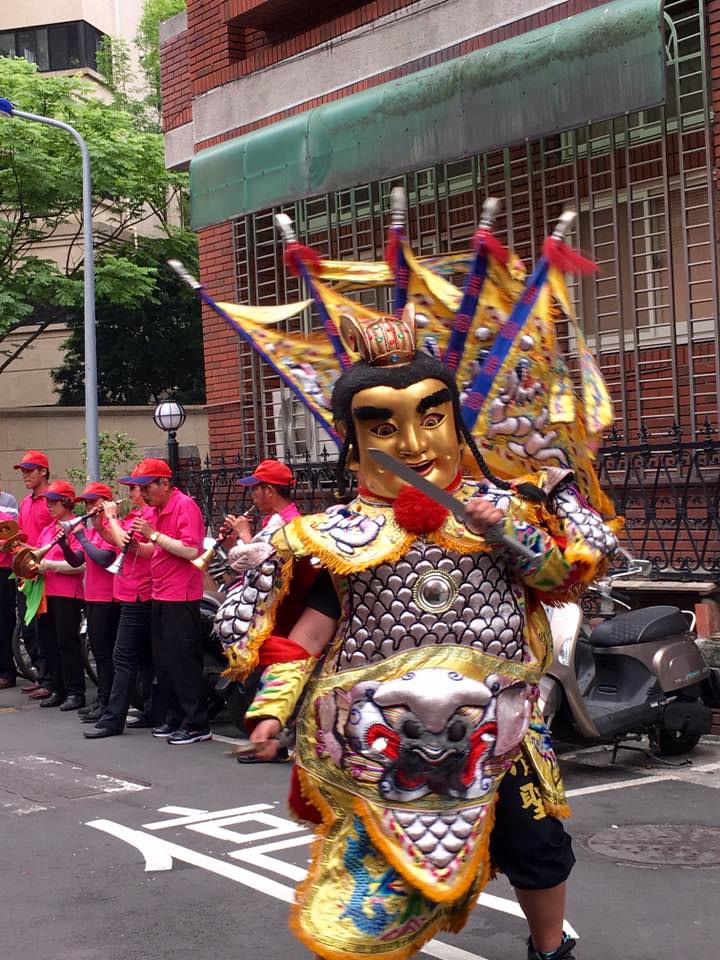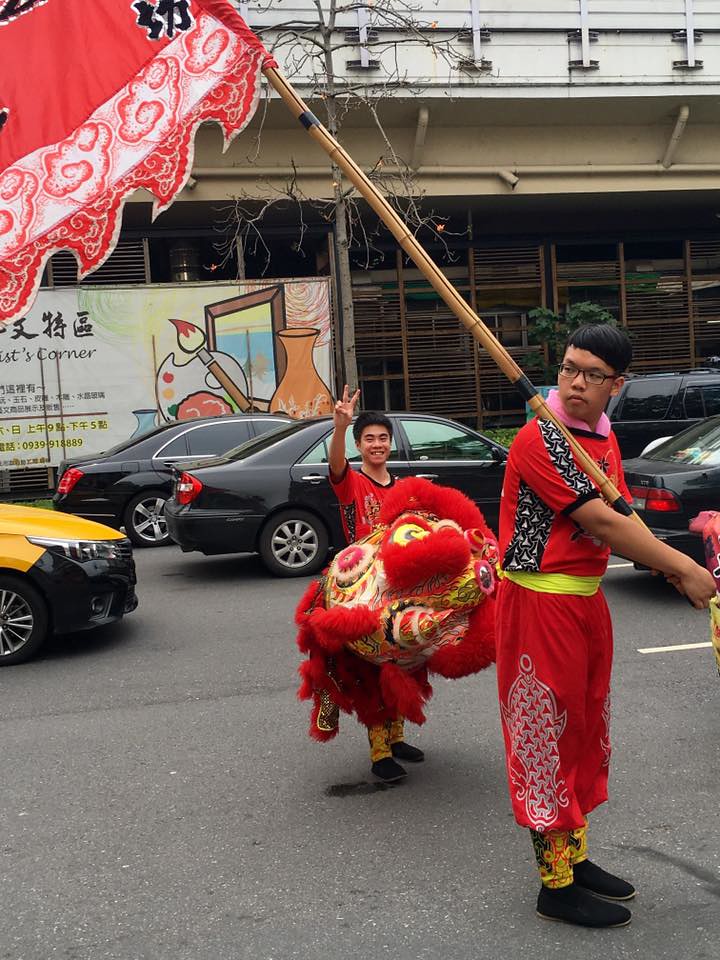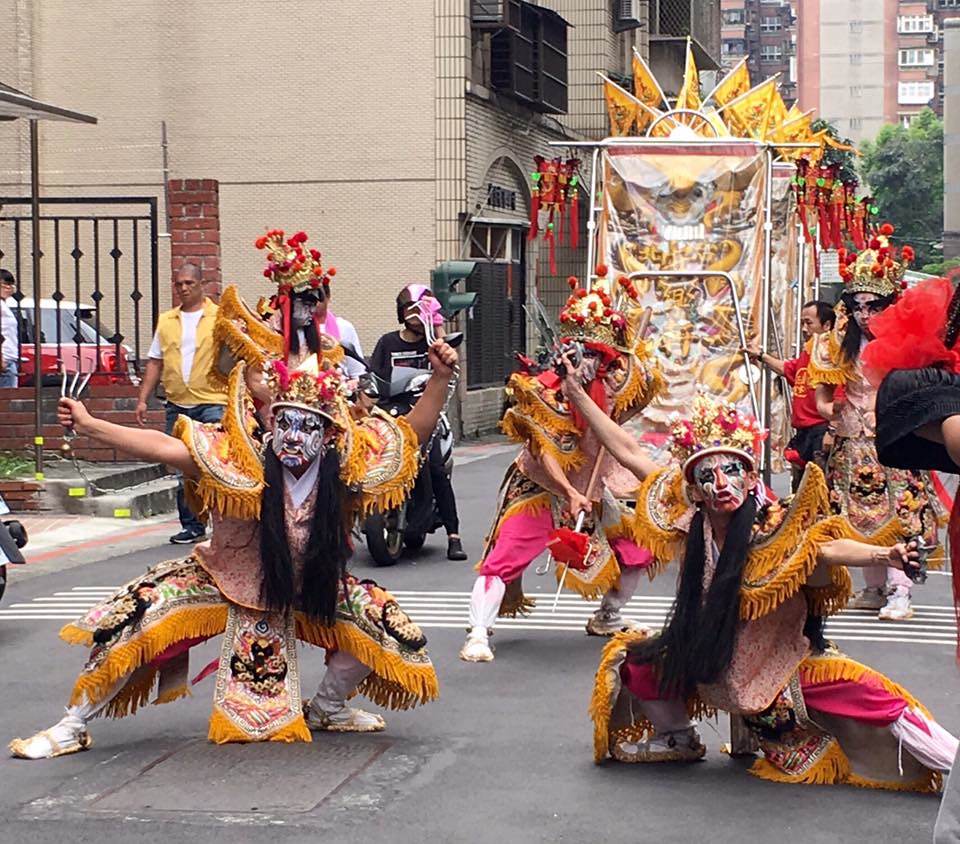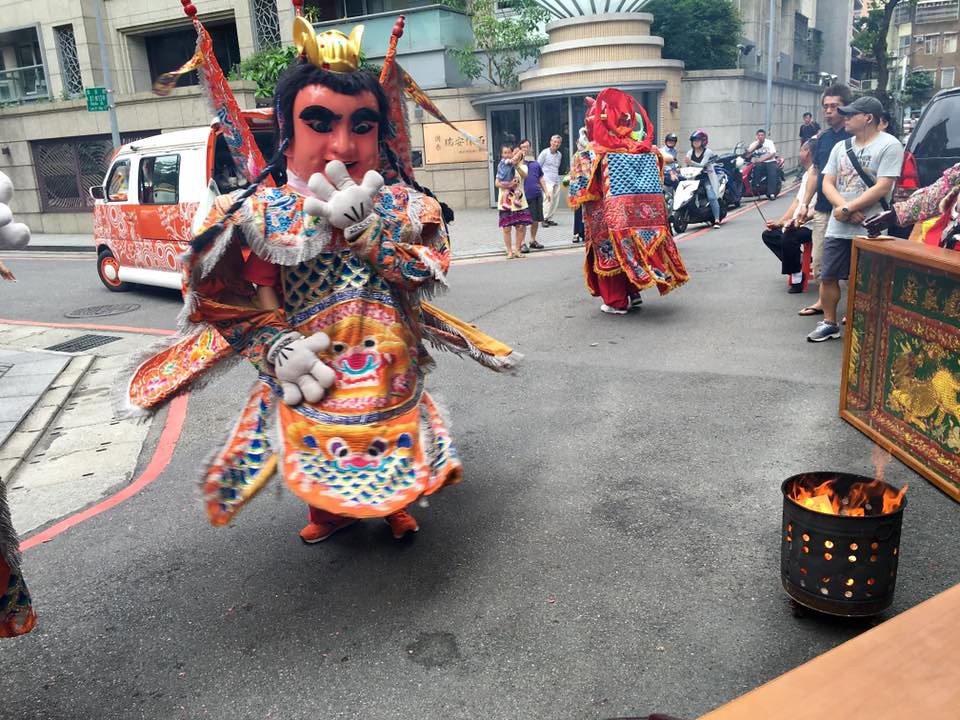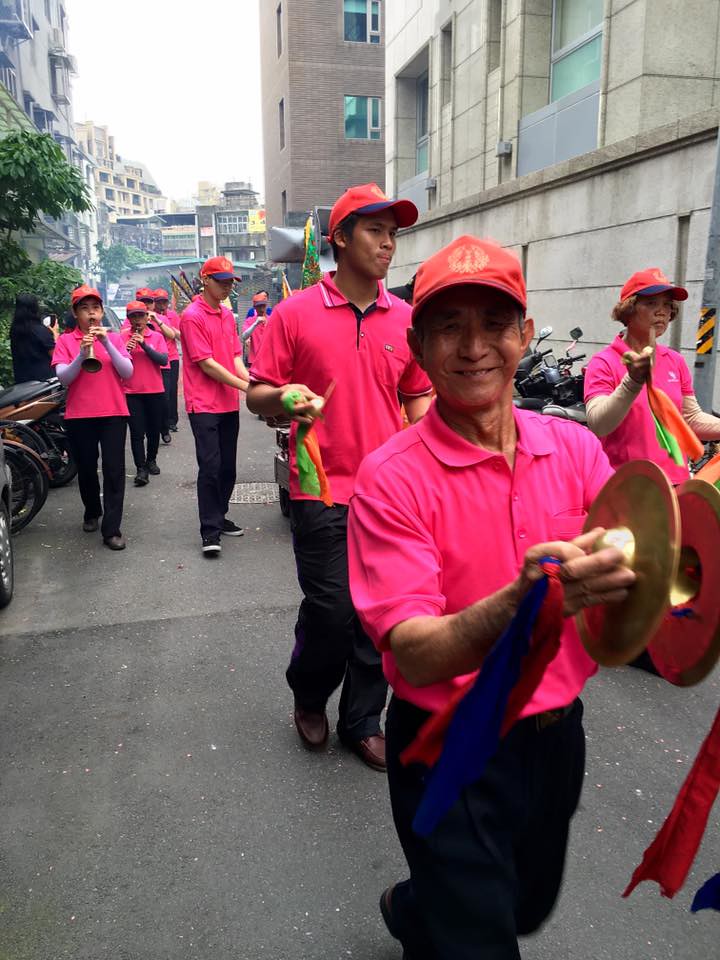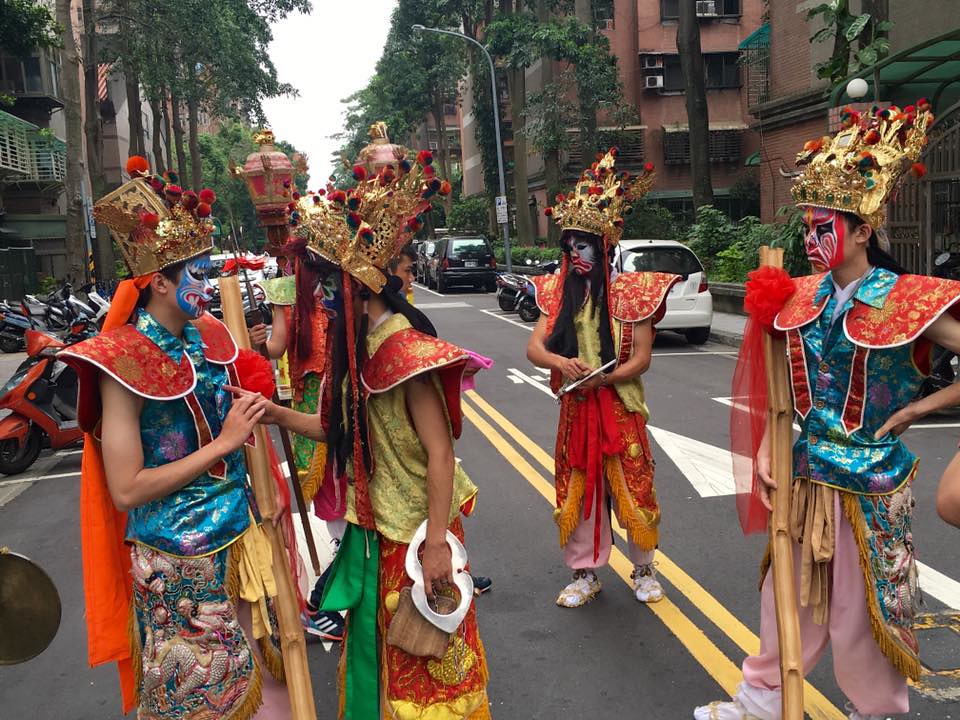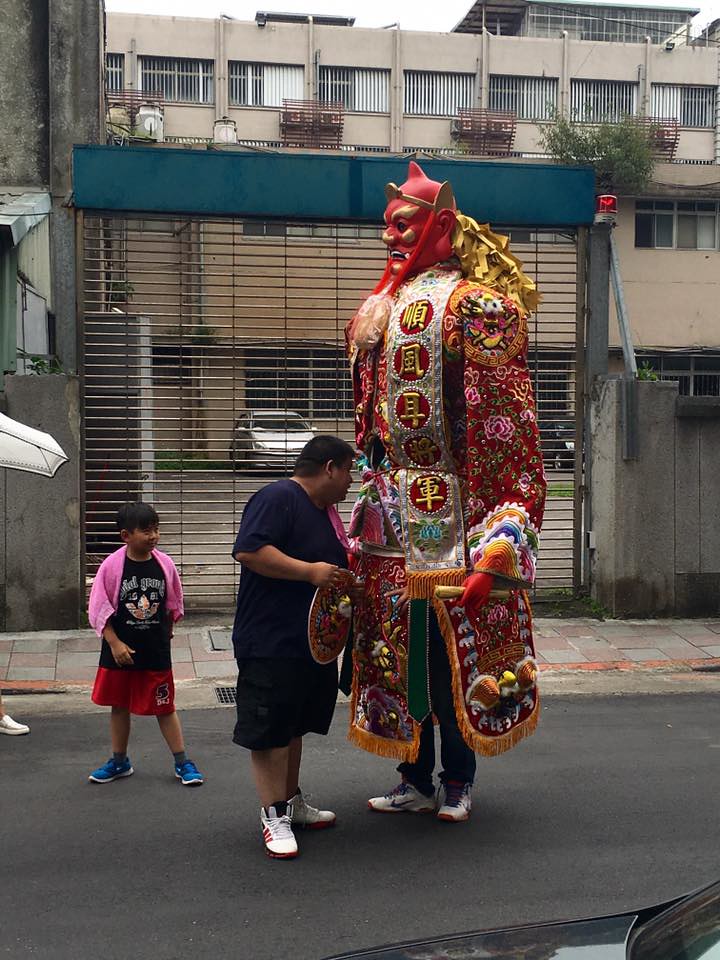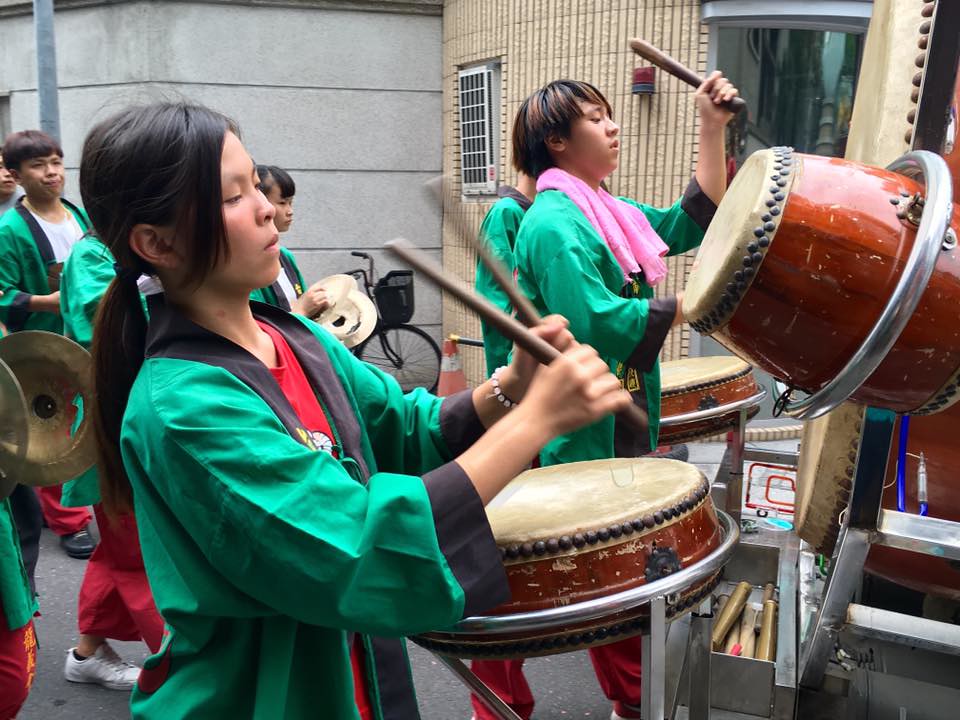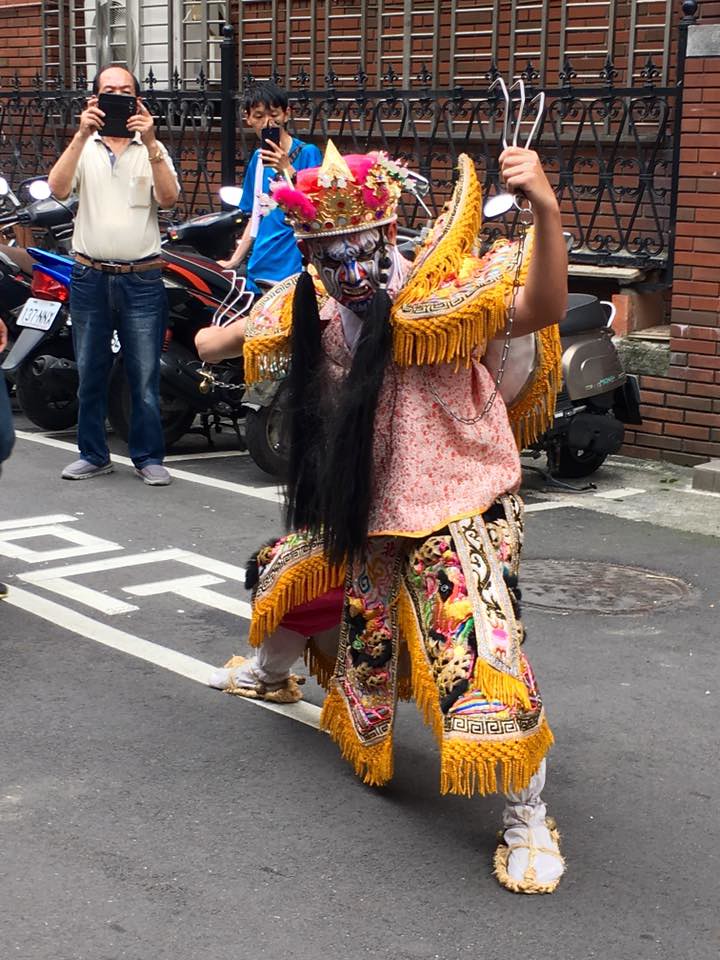image from here
I should start by saying that literally nothing qualifies me to comment on this other than the fact that I majored in International Affairs in college, which is about as relevant as someone who studied psychology in undergrad and then became a Starbucks barista trying to diagnose your clinical depression.
But, it was very interesting to read all the different takes on Tsai's deliberately vague and careful language surrounding the "1992 Consensus" (scare quotes intentional because it's not a real thing).
The English translation of what she said was this:
We will also work to maintain the existing mechanisms for dialogue and communication across the Taiwan Strait. In 1992, the two institutions representing each side across the Strait (SEF & ARATS), through communication and negotiations, arrived at various joint acknowledgements and understandings.
So she explicitly acknowledges that a meeting took place, which is fine because it did. She acknowledges that there was a spirit of communication and attempts to find common ground, which I suppose there was. She said there were some "joint acknowledgements and understandings" but declines to define what those were. At no point did she say there was a "1992 consensus" that, according to contemporary rhetoric, involves both sides agreeing that there is "one China" with "different interpretations" of what that means.
To hear New Bloom talk of it you'd think she'd acknowledged the 1992 consensus (which, in my view, she didn't) - they frame it as her acknowledging it "in all but name", and that her vague words "can be understood to mean acceptance of the 1992 consensus or would allow her some wiggle room".
I can't say I agree with this - to acknowledge it in all but name would mean to say - far more clearly than she did - what those "various joint acknowledgements and understandings" were, and to tack that on to what people say the 1992 Consensus was. She didn't do that.
On the other side, South China Morning Post talks about how she has pissed off Beijing by "failing to acknowledge" the 1992 Consensus. This makes sense, New Bloom is on the far left, and SCMP, while not a mouthpiece of Beijing, sometimes acts like one and is, shall we say, not that far too the left. Not by my standards anyway. Of course they'd report their interpretation of the same words differently.
You could say it makes no difference - "stopping short of acknowledging the 1992 consensus" and "acknowledging the 1992 consensus in all but name" sure do sound the same. In the real world I suppose they are - or at least they are so close to the same thing that you could swap one for the other.
But statecraft is not the real world - it's a world where entire oceans of meaning are found between sentences, in single words or words not said. Tsai was absolutely right to be as careful as she was, and showing her diplomatic and negotiating chops in good form.
So, in my totally non-expert opinion, she did not acknowledge the 1992 Consensus, but she did accomplish something far more deft.
By mentioning that the two sides met in the spirit of finding
common ground is a way of coming close to what Beijing wants to hear without
actually caving in to them, making it harder to criticize her (her words were
intentionally vague), allowing her to say she called for peace and acknowledged
history in her speech even as Beijing was denied the exact thing they were
pressuring her for.
To which, if Beijing complains, Tsai can say "well I did acknowledge that 'various agreements were reached' in 1992!", and if Beijing says "but you didn't SAY 1992 Consensus" makes Beijing, not her, look bad. Like big warmongering babies for being angry that she - a democratically elected leader not technically under their control - did not stick to the exact script they laid out for her.
To which, if Beijing complains, Tsai can say "well I did acknowledge that 'various agreements were reached' in 1992!", and if Beijing says "but you didn't SAY 1992 Consensus" makes Beijing, not her, look bad. Like big warmongering babies for being angry that she - a democratically elected leader not technically under their control - did not stick to the exact script they laid out for her.
At the same time it allows her to say "hey, I didn't cave - I didn't give them the exact words they wanted" to her base, and even Taiwanese not in her base who still have pride in Taiwan and don't want their elected leaders to parrot words Beijing throws at them.
What I don't get - because again I am not an expert, I just majored in it - is why no major news outlet is reading it this way, talking about it or showing any sort of understanding that this is what she did, this is why she did it, this is the brilliant trick she managed with the crappy hand she was dealt, and it was very intentional, and very smart. Either they say she acknowledged it or they say she didn't, often defaulting to their own biases.
This is statecraft. I don't always agree with it (I'm a burning radical at heart) but this really is how it works. It does make a difference. As much as the crazy lefties like me - whose heart would rather follow Chen Shui-bian-style China-taunting even as her mind knows that's a bad idea, who would rather occupy the legislature (hi Sunflowers!) than work within it* - and the other activists and progressives and strong independence supporters would like it to be otherwise, this is how the game is played and if you play it well, you just might win.
Tsai plays it very, very well. I may not agree with all of her choices, and I may be generally suspicious of the 'establishment' as a whole, but I'll give her a chance.
*now you see why, despite preparing for a career in the foreign service, I did not go down that path. Would have been a terrible idea for me.


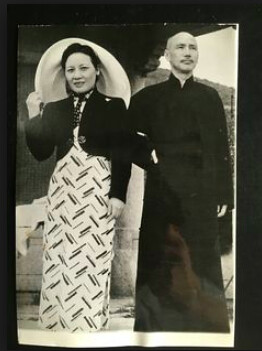
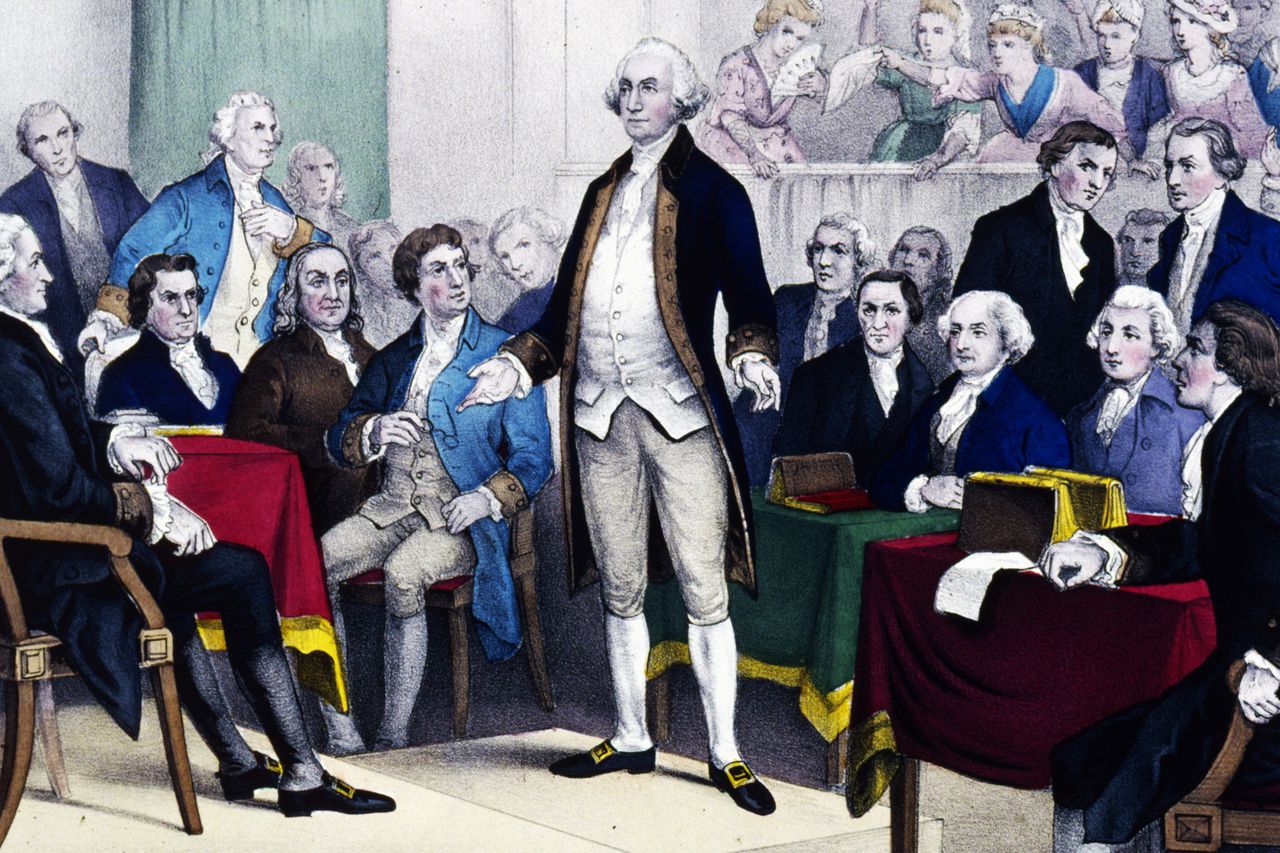

/H026_Pants01%20.jpg)
